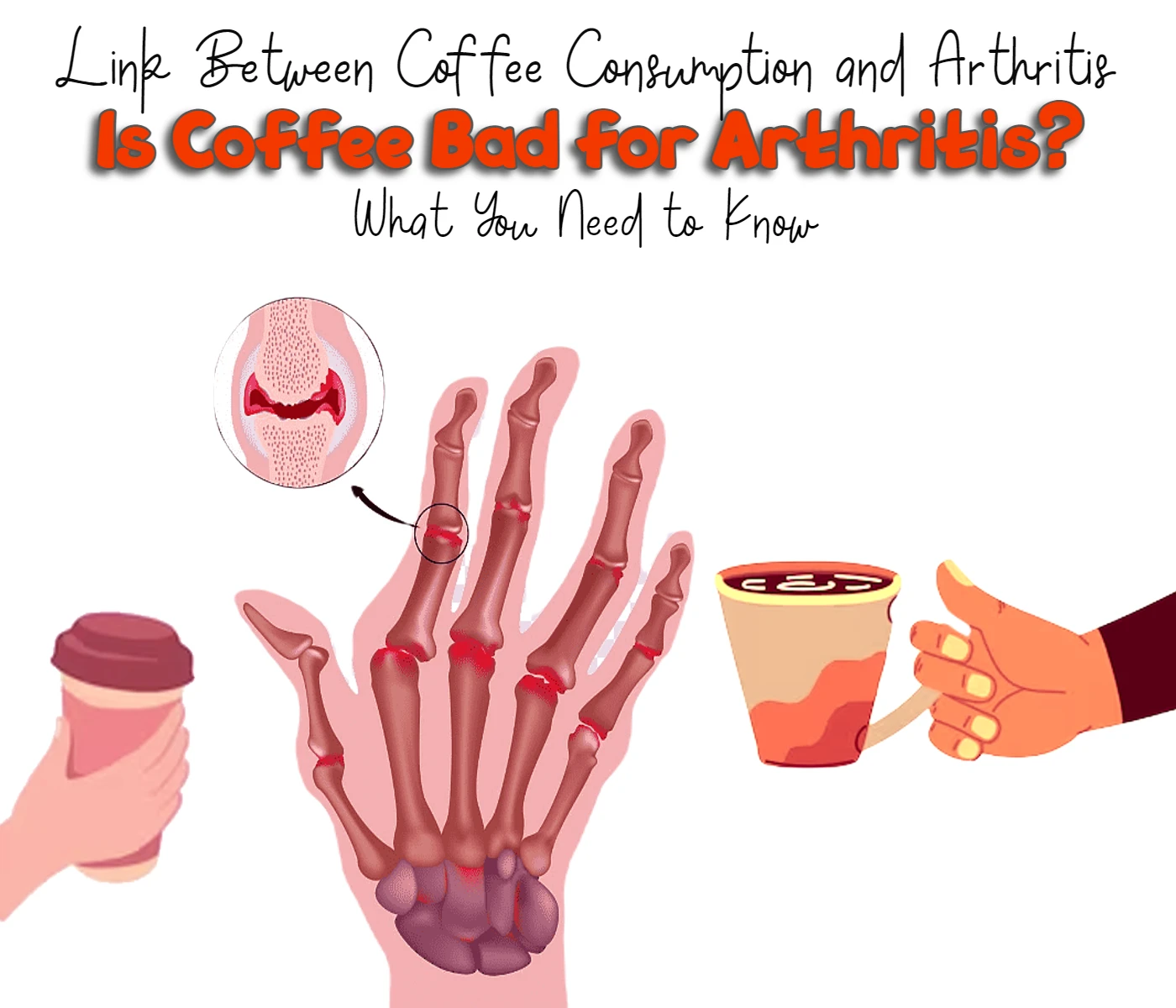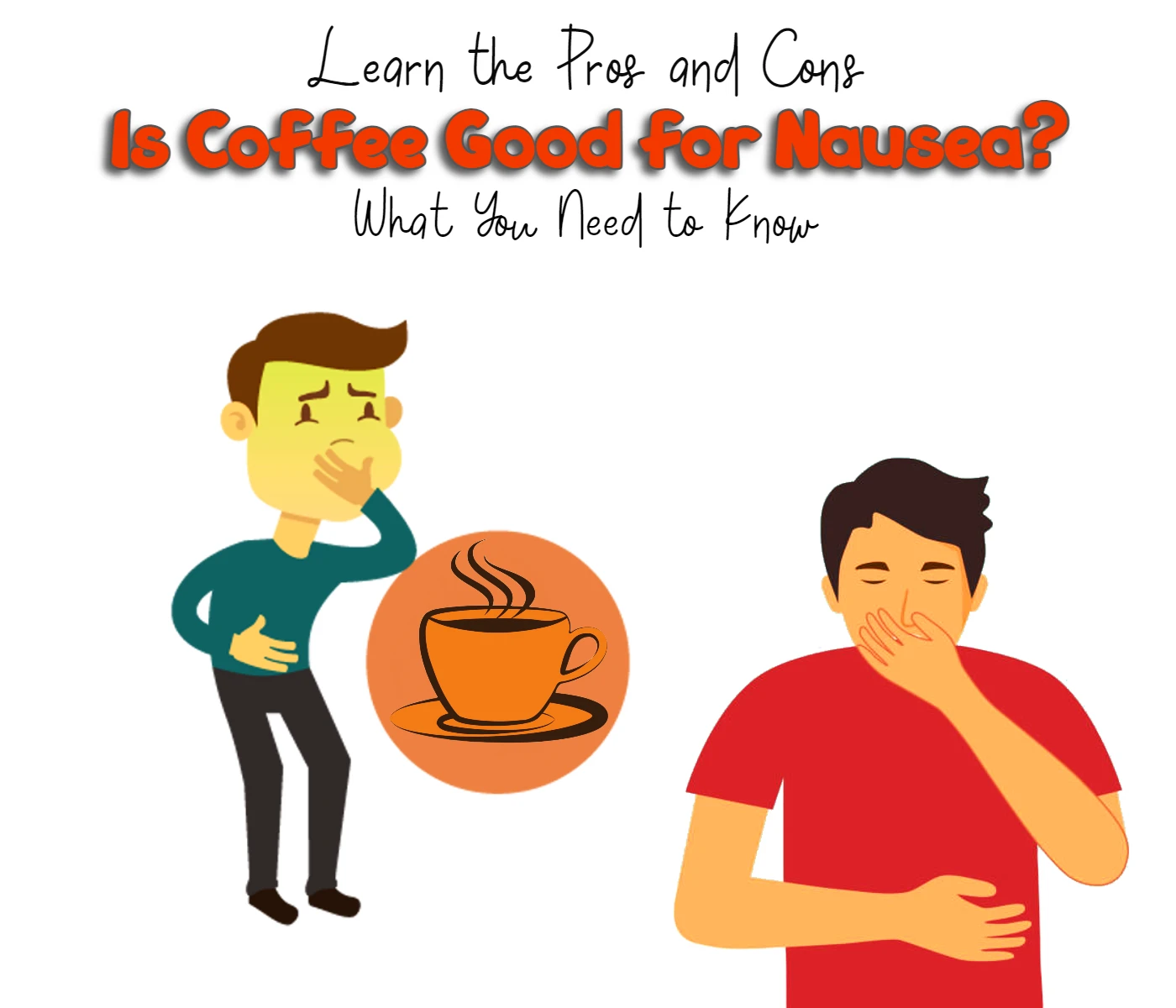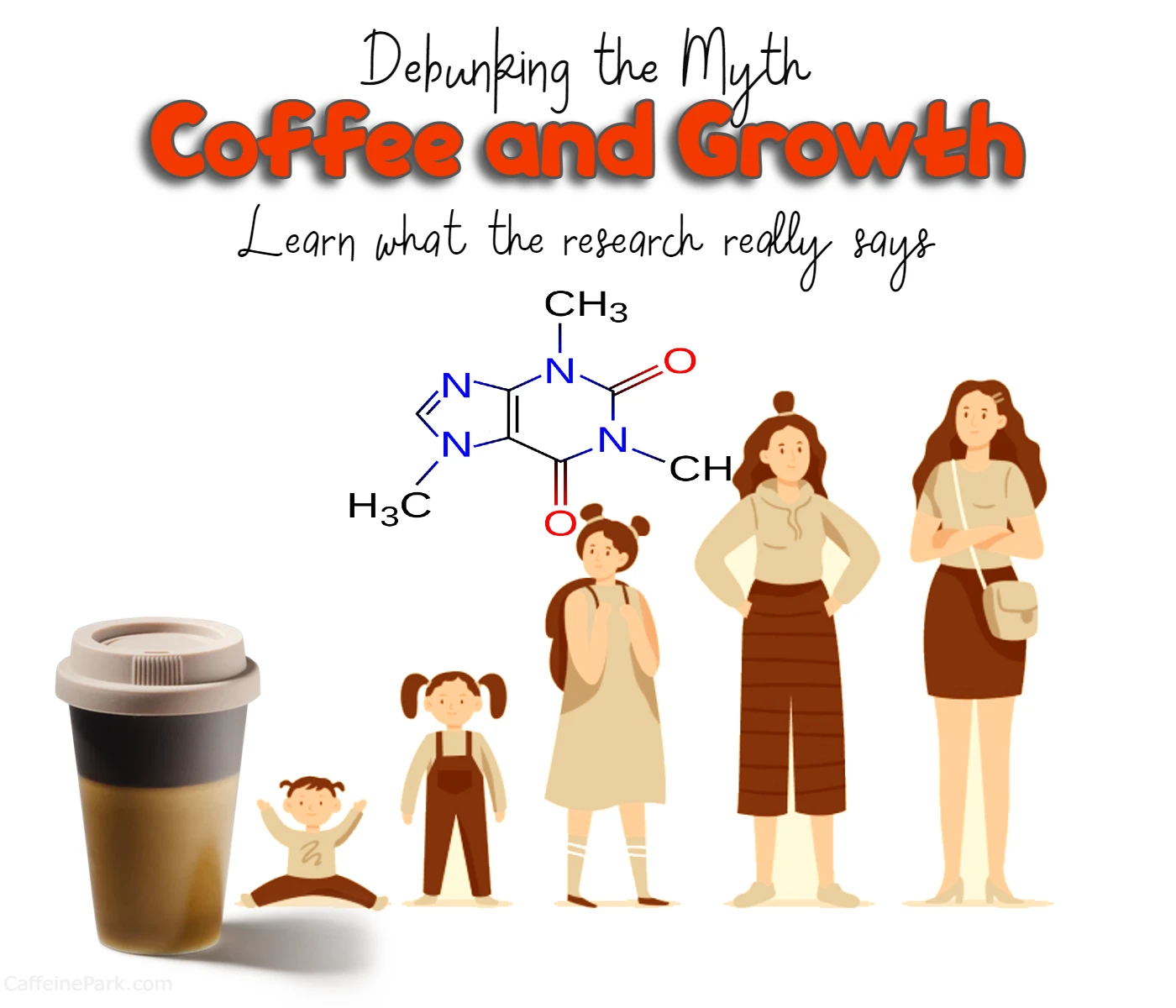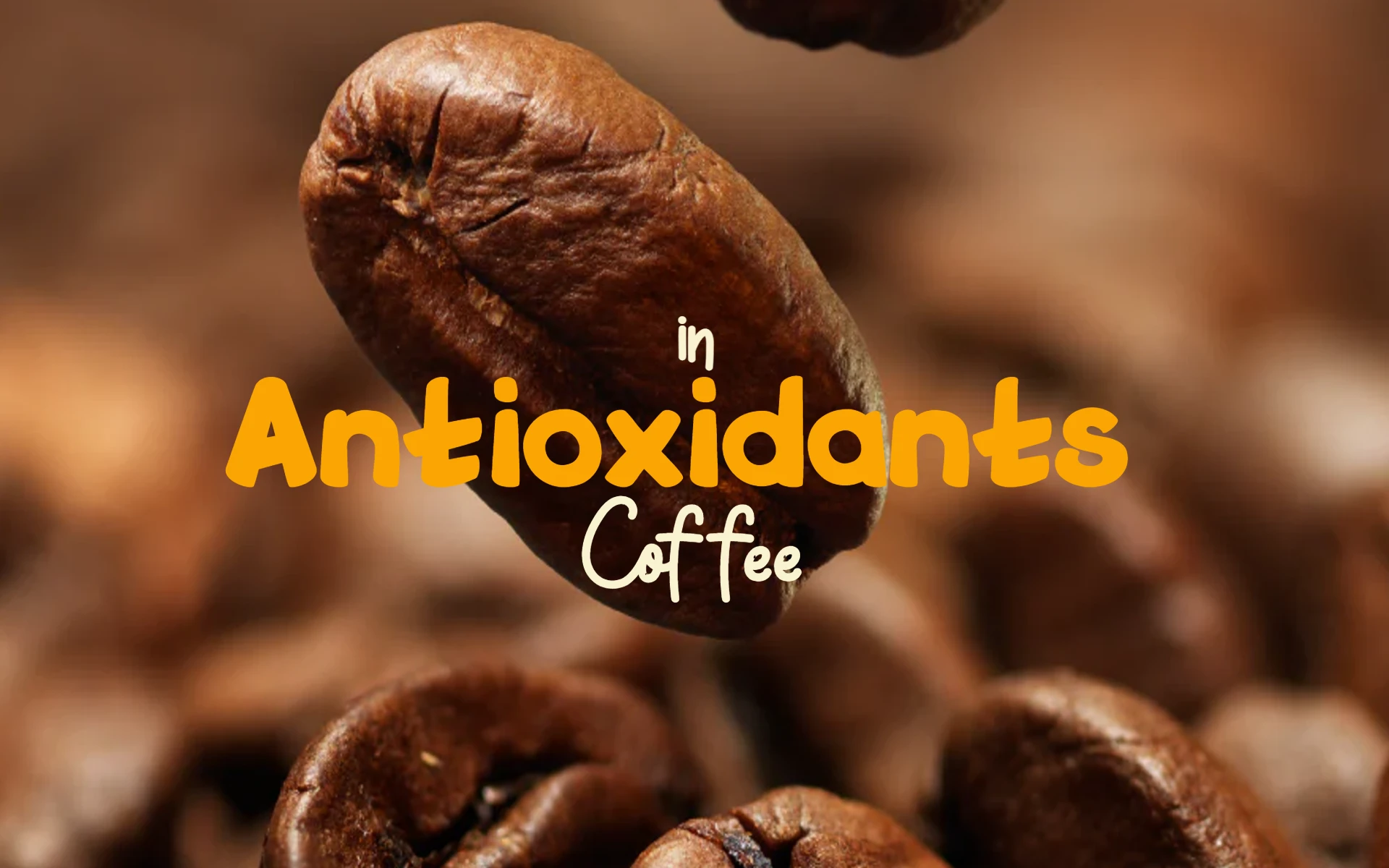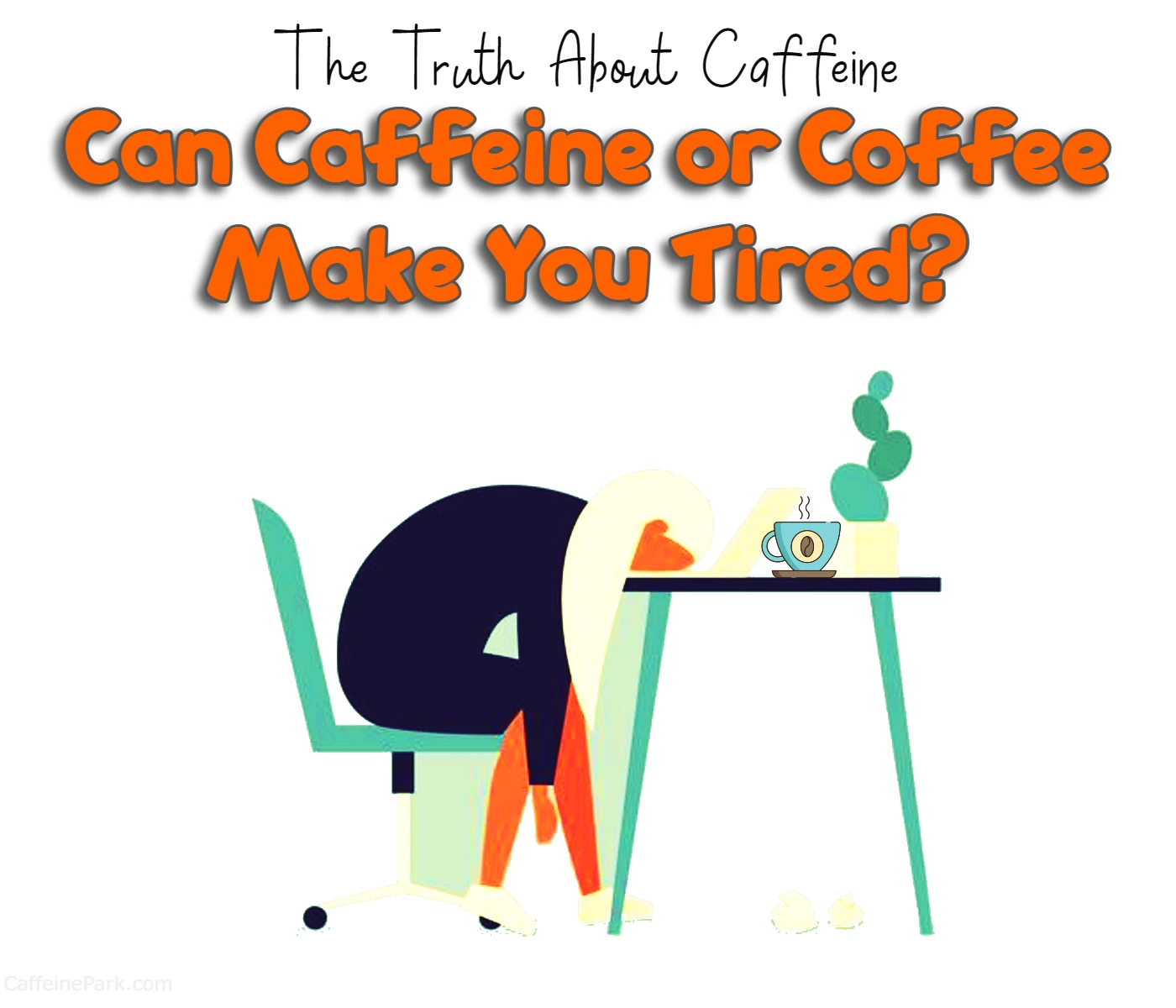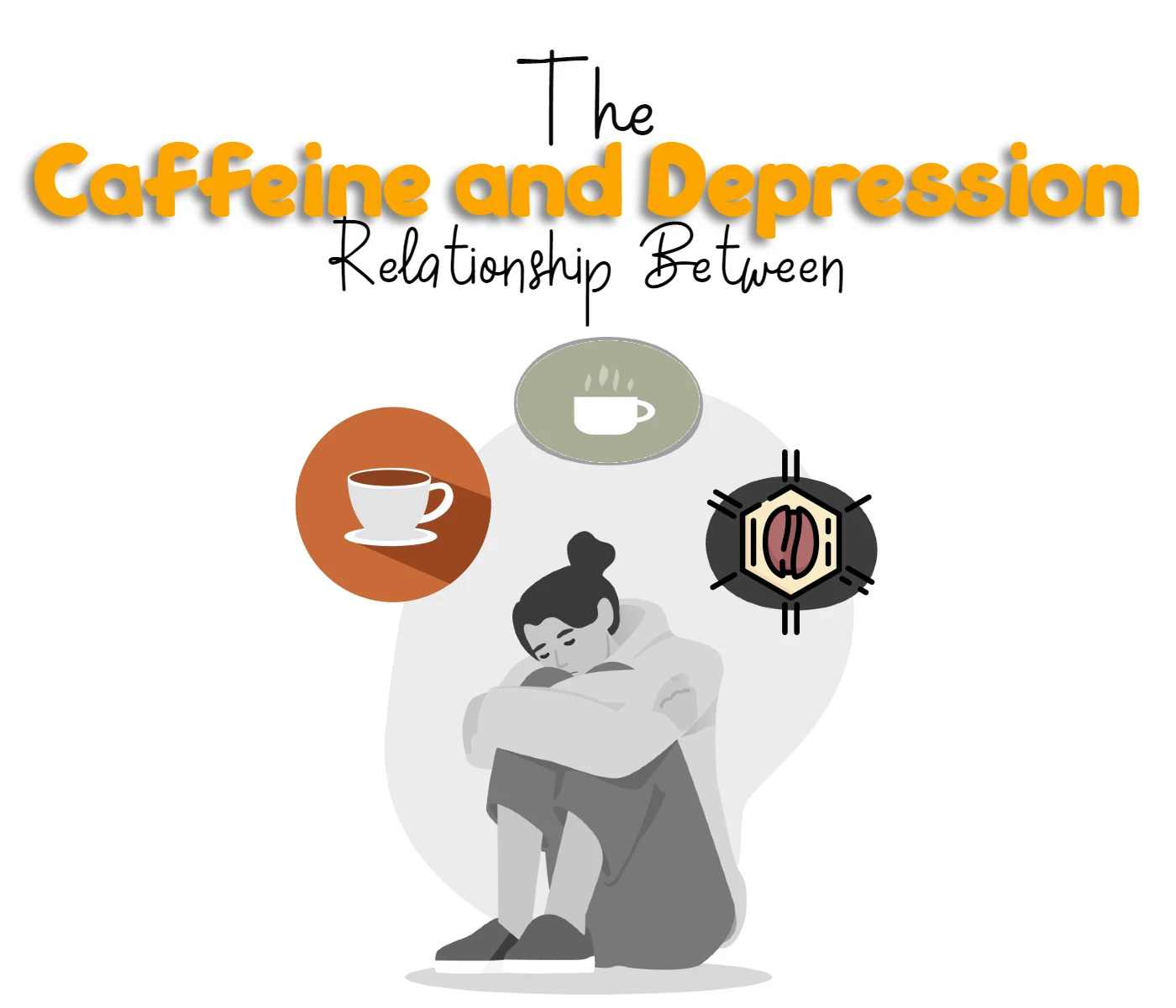
Caffeine and Depression
Hey there, welcome to my blog! Today, I want to talk about a topic that many people may not be aware of: the relationship between caffeine and depression. As someone who has struggled with depression in the past, I know firsthand how difficult it can be to find effective ways to manage the condition. Many people turn to caffeine as a way to boost their mood and energy levels, but is this really the best approach?
In this blog post, I’ll be exploring the research on the relationship between caffeine and depression, as well as sharing my own personal experiences with caffeine and its effects on my mental health. I’ll also be providing some tips on alternative ways to boost your mood and energy levels without relying on caffeine. So, if you’re someone who loves their daily cup of coffee or energy drink but has also experienced the effects of depression, then I urge you to read on and find out more about this important topic.
By the end of this blog post, you’ll have a better understanding of the impact that caffeine can have on your mental health, and some practical tips on how to make positive changes to your daily routine. So, let’s dive in and explore the fascinating relationship between caffeine and depression together.
What is Depression?
Before we dive into the topic of caffeine and depression, let’s start by defining what we mean by depression. Depression is a mental health disorder that affects how a person feels, thinks, and behaves. It is characterized by persistent feelings of sadness, hopelessness, and worthlessness, as well as a loss of interest in activities that were once enjoyed. Depression can be caused by a variety of factors, including genetics, life experiences, and brain chemistry.
What is Caffeine?
Now that we’ve established what depression is, let’s turn our attention to caffeine. Caffeine is a naturally occurring stimulant found in many foods and beverages, including coffee, tea, chocolate, and energy drinks. It works by blocking the action of a neurotransmitter called adenosine, which helps promote feelings of drowsiness and sleep. By blocking adenosine, caffeine can help increase alertness, improve cognitive performance, and reduce feelings of fatigue.
The Relationship Between Caffeine and Depression
In today’s world, caffeine has become a staple in many people’s daily routines. It is consumed in the form of coffee, tea, energy drinks, and even supplements. While caffeine has its benefits, including increased alertness and improved cognitive function, its effects on mental health, particularly on depression, are still a matter of debate. In this blog, we will explore the current research on the topic and provide some insights into how caffeine may affect individuals with depression.
The Effects of Caffeine on the Brain:
Caffeine is a stimulant that affects the central nervous system, including the brain. It works by blocking adenosine, a neurotransmitter that promotes sleep and suppresses arousal. By doing so, caffeine increases the release of dopamine, a neurotransmitter associated with pleasure and reward. This results in increased energy, alertness, and mood enhancement. However, the effects of caffeine can also lead to negative outcomes, including anxiety, jitters, and irritability.
The Link Between Caffeine and Depression:
While the short-term effects of caffeine on mood can be positive, research has shown that caffeine intake may increase the risk of depression in the long term. A study published in the Australian & New Zealand Journal of Psychiatry found that individuals who consumed high amounts of caffeine were more likely to develop depression than those who consumed low amounts.
Furthermore, the study suggested that caffeine may reduce the levels of serotonin, a neurotransmitter that regulates mood, in the brain. This reduction in serotonin levels may increase the risk of developing depression. However, more research is needed to fully understand the relationship between caffeine and depression.
Caffeine and Depression: The Pros
Let’s start by examining the potential benefits of caffeine when it comes to depression. Some studies have suggested that caffeine can have a protective effect against depression. One study, for example, found that people who drank four or more cups of coffee per day were less likely to experience symptoms of depression than those who drank less than one cup per day. Another study found that caffeine consumption was associated with a lower risk of suicide in both men and women.
Caffeine and Depression: The Cons
While some studies have suggested that caffeine may have a protective effect against depression, other studies have found the opposite to be true. One study, for example, found that people who drank more than two cups of coffee per day had a higher risk of developing depression than those who drank less than one cup per day. Another study found that high caffeine intake was associated with an increased risk of depression in women.
Caffeine Withdrawal and Depression
Another factor to consider when examining the link between caffeine and depression is caffeine withdrawal. When people stop consuming caffeine after regular use, they may experience a range of withdrawal symptoms, including fatigue, headaches, irritability, and depressed mood. In some cases, caffeine withdrawal can even lead to clinical depression. This means that people who regularly consume large amounts of caffeine may be at risk of developing depression if they suddenly stop using caffeine.
Conclusion
In conclusion, the relationship between caffeine and depression is a complex one. While some studies have suggested that caffeine may have a protective effect against depression, other studies have found a link between high caffeine intake and an increased risk of developing depression. It is also important to consider the potential impact of caffeine withdrawal on mood, as sudden cessation of caffeine can lead to symptoms of depression.
If you are someone who struggles with depression, it is important to work with a mental health professional to develop a treatment plan that is right for you. This may include a combination of medication, therapy, and lifestyle changes.
FAQs
The relationship between caffeine and depression is complex and not fully understood. While some studies suggest that high caffeine intake may increase the risk of developing depression, others suggest that moderate caffeine consumption may have mood-boosting effects. However, individuals with existing depression or anxiety may be more sensitive to the effects of caffeine and should monitor their intake accordingly.
It’s important to consult with a healthcare provider before consuming caffeine while taking medication for depression. Caffeine may interact with certain antidepressant medications and can affect their effectiveness or cause negative side effects. Your healthcare provider can advise you on the safe and appropriate use of caffeine in conjunction with your medication.
Yes, caffeine is found in a variety of foods and beverages, including tea, energy drinks, chocolate, and some medications. The amount of caffeine in these sources can vary widely, so it’s important to check the label or do research to determine the caffeine content of a particular product.
Read More:

